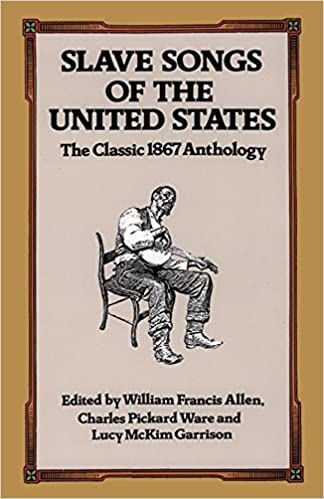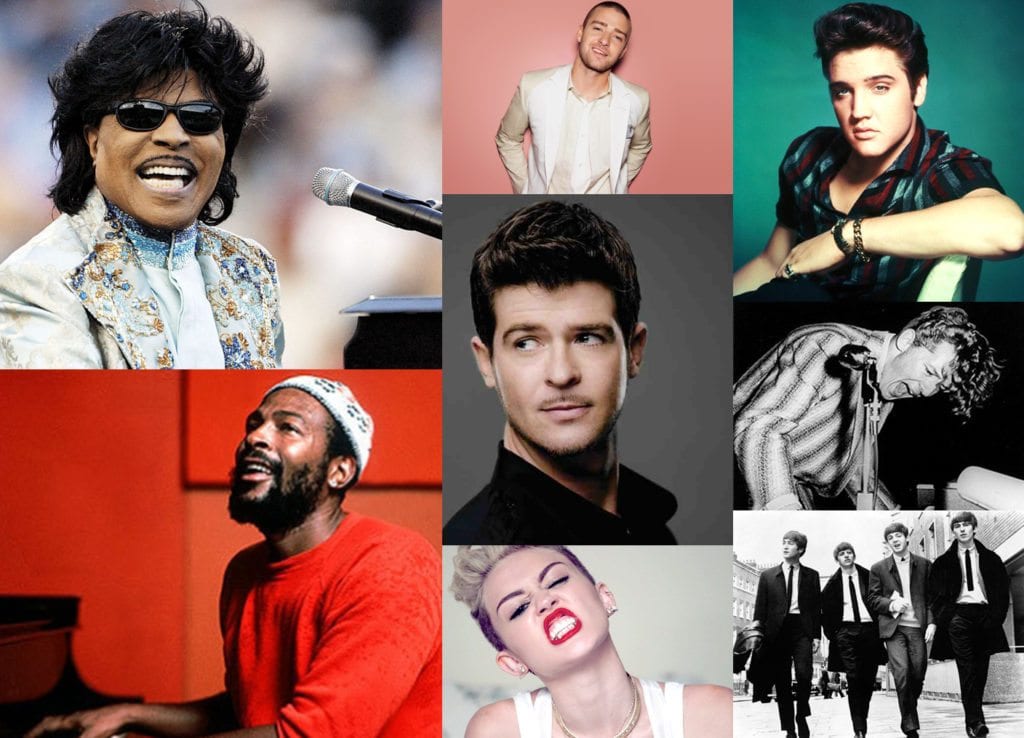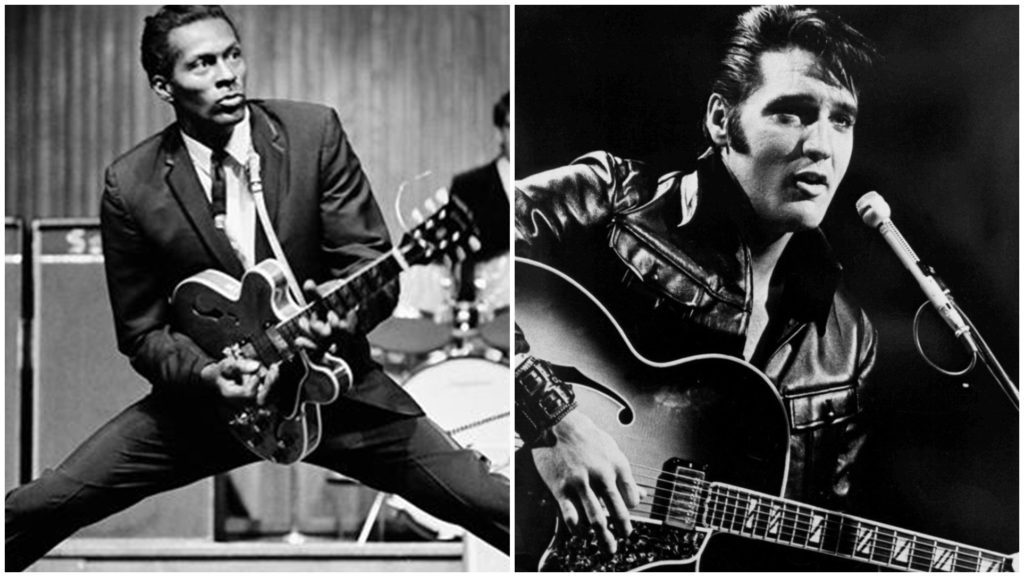The Commodification and Appropriation of Black Music
By Valencia White
Beginning of Commodification
African American music evolved during slavery from traditional African music to a genre that was unique to the American continent. Its roots are inextricably tied to the theft of black bodies from Africa, the gruesome journey of the transAtlantic Slave Trade, the violent institution of American slavery, and the systemic culture of white supremacy in the US. African American musical genres derive from songs of struggle, hardship, and oppression. Since the creation of the United States, the musical cultures of enslaved people from West Africa and plantation owners/masters from mainly England, Scotland, and Ireland blended to create the art form of American music. As the US became the most dominant music industry in the world, white musicians and executives co-opted and appropriated African American music under a system of white hegemony in order to create American musical culture, which profited without extending financial or cultural return to African American people.

The Evolution of Commodification

One of the earliest and most blatant examples of appropriation and commodification of African American culture lies in minstrel shows. Minstrelsy was a popular entertainment form in which white Americans stereotyped, mocked, and dehumanized African American music and dance while wearing blackface. The longstanding minstrel tradition set the stage for a pervasive and continuous culture of commodification, exploitation, and appropriation of African American music.
After minstrel shows introduced an incessant period of the co-opting of Black music, blues and jazz came next. In the early 1900s, blues and jazz music developed in parallel. Jazz was born in New Orleans, Louisiana, whereas blues came from the deep south of the Mississippi Delta. Both art forms were created by African Americans during a time when Jim Crow laws were in full effect.Blues developed mainly in Chicago and incorporated electric guitar whereas Black jazz musicians primarily brought the sounds of New Orleans to New York.
As these two African American genres gained popularity among white Americans, white artists and executives discovered another opportunity to commodify and exploit Black music and musicians.The blues evolved into a new, originally African American genre called rock & roll, and jazz expanded to new genres like funk and R&B. These Black art forms came alive during a time of cultural revolution and partial Black liberation, known as the Civil Rights era. cholars point to Elvis Presley, coined the “King of rock & roll,” as one of the largest displays of cultural appropriation in American history. Although Presley often gave credit to the African American roots of rock music, the music industry exploited a Black art form and put Presley at the forefront to make large profit.
Hip-hop/rap is still an African American art form at its core. While most of the major hip-hop/rap artists are Black, white artists in the same genre appropriated the culture and more easily broke through the mainstream music industry while rapping about criminal and abusive behavior that white society stereotypically associated with African Americans. The success of Black rappers, and African American musicians as a whole, is dependent upon whether or not the white hegemony will embrace their art. But if a white musician co-opts and appropriates a musical culture that African Americans created and raps about the same content that white society has always associated with Black people, they will be fully embraced.

Conclusion
From minstrelsy to hip-hop/rap, the white hegemonic culture of the United States has held onto stereotypes of African Americans that are deeply rooted in white supremacy. These stereotypes affect every facet of US society but particularly affect the music industry. Since the birth of American music, the white industry has co-opted and commodified African American music in all its forms to make exponentially more profit than Black artists. This long-standing tradition of American culture continues to this day and African American musicians still lack the credit and monetary return on their creation of some of the world’s most popular musical genres.

